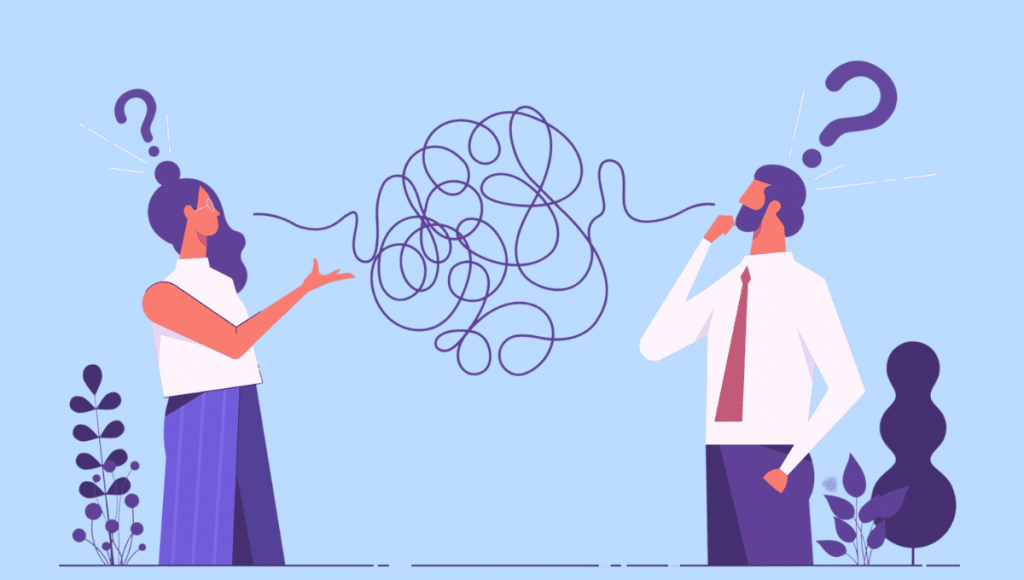The Power of Communication: Building Bridges and Bridging Gaps
Communication is the cornerstone of human interaction, the thread that weaves together our relationships, societies, and civilizations. It is the vehicle through which we share ideas, express emotions, and create meaning. Effective communication is essential for personal, professional, and societal success.
The Elements of Communication:
Communication involves several key elements:
- Sender: The person or entity that initiates the communication.
- Message: The information or idea being conveyed.
- Channel: The medium through which the message is transmitted (e.g., verbal, written, nonverbal).
- Receiver: The person or entity that receives the message.
- Feedback: The response or reaction of the receiver to the message.
Types of Communication:
There are various types of communication:
- Verbal Communication: Using spoken or written words to convey a message.
- Nonverbal Communication: Using body language, facial expressions, and tone of voice to convey a message.
- Written Communication: Using written words to convey a message, such as letters, emails, and reports.
- Visual Communication: Using images, graphics, and symbols to convey a message.
- Interpersonal Communication: Communication between two or more people.
- Intrapersonal Communication: Communication with oneself.
- Group Communication: Communication within a group of people.
- Public Communication: Communication to a large audience.
Barriers to Effective Communication:
Several factors can hinder effective communication:
- Noise: Physical or psychological distractions that interfere with the message.
- Cultural Differences: Variations in language, customs, and beliefs that can create misunderstandings.
- Emotional States: Strong emotions can cloud judgment and make it difficult to communicate effectively.
- Assumptions: Making assumptions about the other person’s thoughts or feelings.
- Lack of Active Listening: Not paying full attention to the speaker and not providing feedback.
Improving Communication Skills:
To improve communication skills, it is essential to:
- Active Listening: Pay full attention to the speaker, maintain eye contact, and provide feedback.
- Empathy: Understand and share the feelings of others.
- Clarity and Conciseness: Express ideas clearly and concisely.
- Nonverbal Communication: Be aware of your own nonverbal cues and interpret those of others.
- Seek Feedback: Ask for feedback from others to improve your communication skills.
- Practice: Regular practice is key to becoming a better communicator.
Effective communication is a valuable skill that can benefit individuals, businesses, and society as a whole. By understanding the elements of communication, overcoming barriers, and practicing good communication habits, we can build stronger relationships, achieve our goals, and create a more harmonious world.


